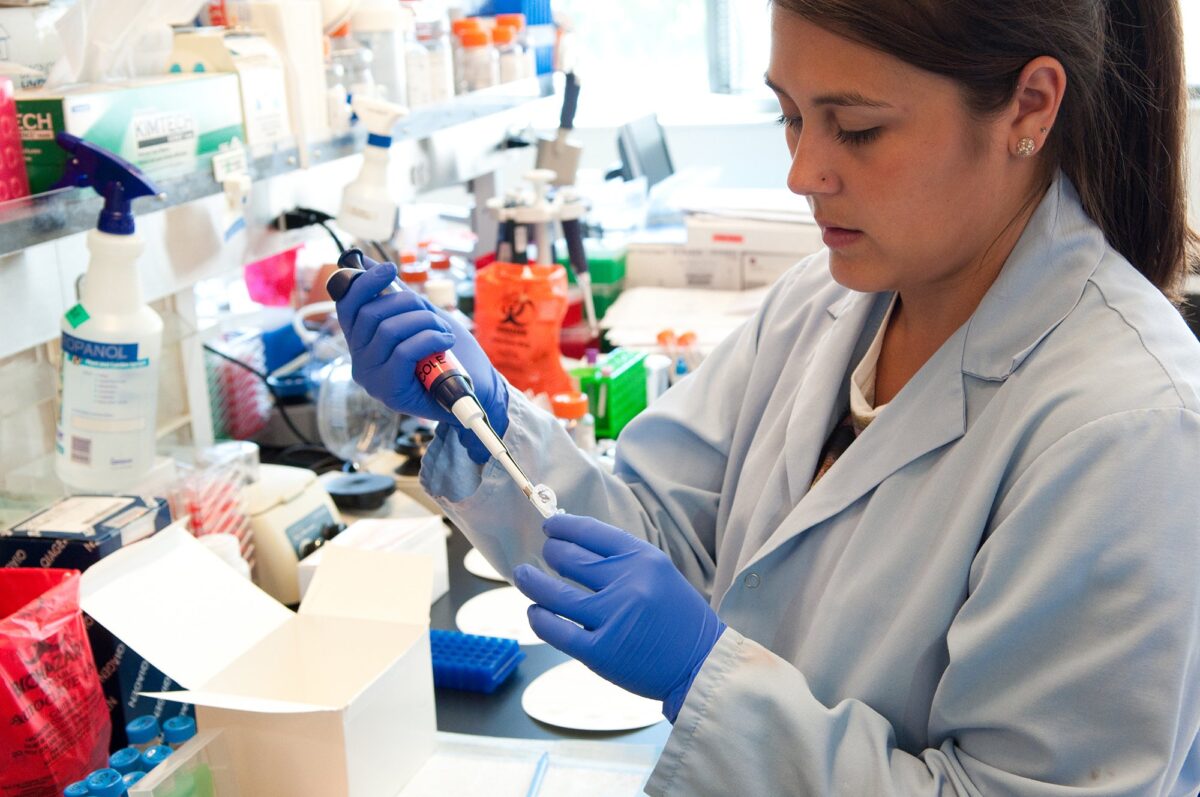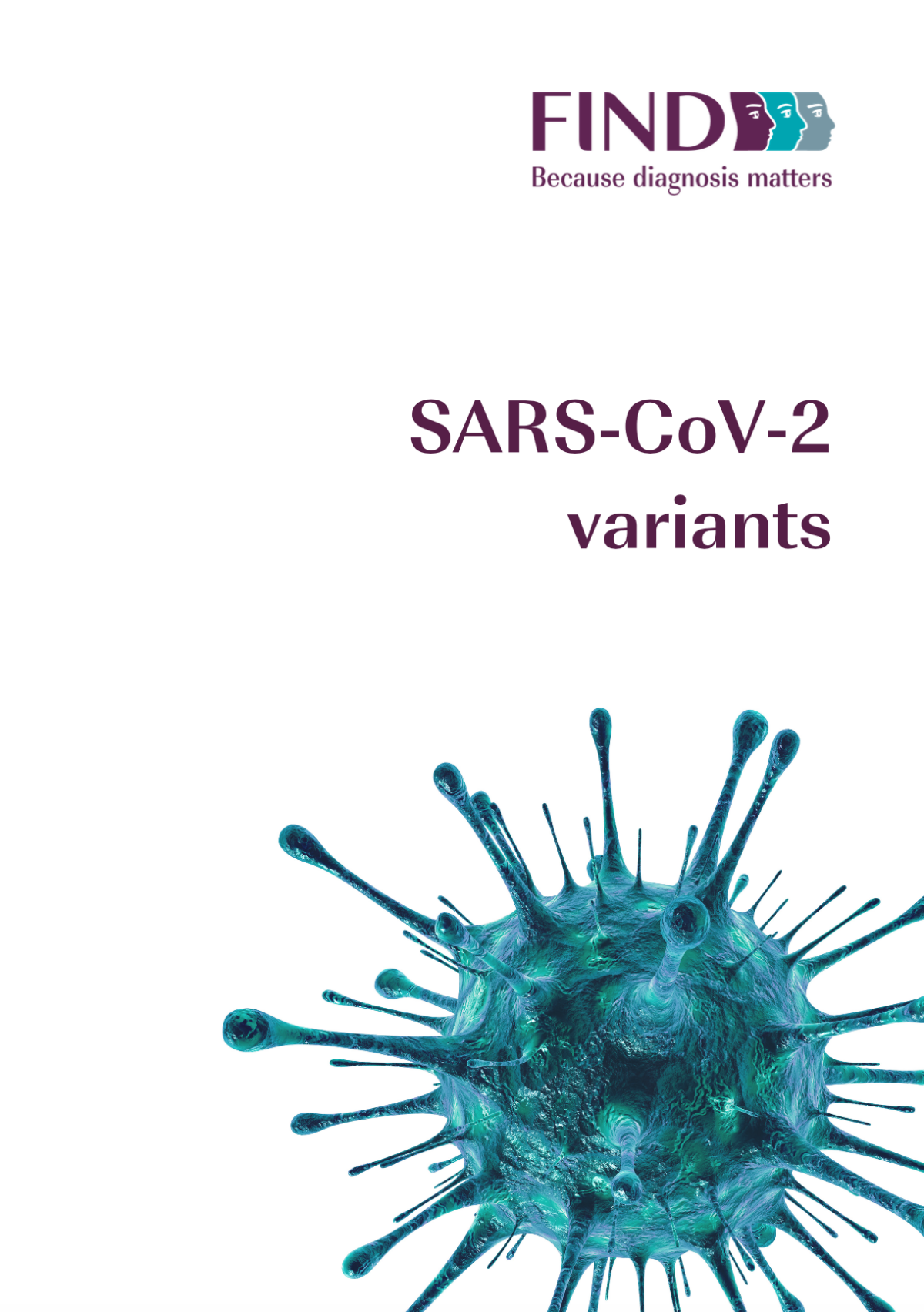Sequencing data key for monitoring virus and understanding impact of therapeutics.
This report on SARS-CoV-2 variants, developed and published for FIND (11 March, 2021) by PHG Foundation, explains how genomics helps to monitor the evolution of coronavirus “variants of concern”, or VOCs.
It outlines how genomic surveillance and sequencing have supported identification of new variants as well as the impact these variants have had on diagnostic tests and public health measures.
This process has also significantly advanced vaccine design and development.
Ongoing surveillance is required not only for known VOCs, but also for new “variants of interest” (VOIs).
Thinking ahead
Data produced has enabled further understanding of the variants, helping to inform future surveillance and the impact mutations may have on vaccines, diagnostics and therapeutics.
Various countries have invested in sequencing infrastructure and resources to help combat the virus, and have put public health measures in place in response.
Continued investment in sequencing capabilities and data sharing, as well as a variety of skills and expertise from multiple backgrounds, is needed to make genomic surveillance successful.
In addition, it is important to limit the spread of the virus to prevent the emergence of additional variants which may be even more transmissible.
Sequencing data continues to be key for monitoring the virus and understanding the impact of therapeutics.
An appendix on resources actively monitoring VOCs is included.
Read the full report here


